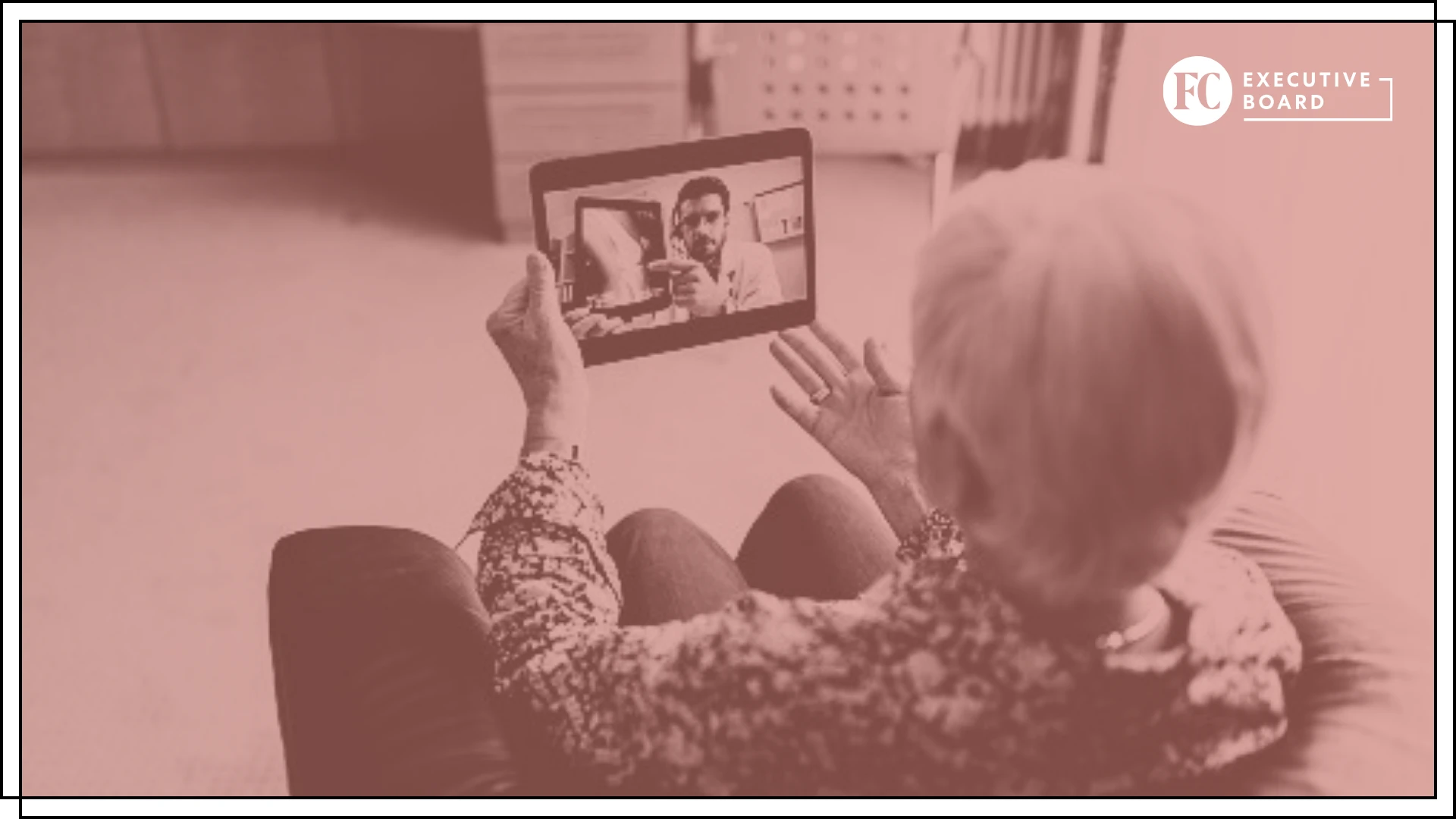
I’ve spent much of my clinical career working to improve the way care is provided to historically underserved and vulnerable populations—particularly older adults. An expanding body of evidence suggests that emerging technologies could help to improve the level of care that older adults receive while also supporting clinicians and caregivers.
In 2016, several organizations came together to develop an initiative to improve the care older adults receive at health care organizations. The idea was to identify the factors that had the most significant impact on costs and health outcomes and distill that into a message that health care executives, caregivers, patients, and their families could easily understand. What emerged is now known as the 4M framework:
Matters
Medications
Mobility
Mentation
All four components are interrelated.
UNDERSTAND THE FRAMEWORK
The first part of the framework focuses on “what matters.” For example, maybe the patient values being able to live independently at home, or maybe they want to get back on a bicycle after recovering from a hip replacement. The clinical teams then align and deliver care with that patient and/or family preference in mind.
Subscribe to the Daily newsletter.Fast Company’s trending stories delivered to you every day
Privacy Policy
|
Fast Company Newsletters
The second M is medication. If a person receives the wrong medication, it could affect their mind and mobility, the third M in the framework, and lead to a fall.
Mobility is essential to independence, which has an impact on the fourth M in the framework, mentation. The 4M initiative was led by The Institute for Healthcare Improvement and The John A. Hartford Foundation in collaboration with several hospital associations.
The 4M framework has been implemented in more than 5,000 hospitals, ambulatory care facilities, retail clinics, post-acute facilities, nursing homes in the U.S., as well as additional sites in nine other countries. It is part of the Age-Friendly Health Systems initiative, intended to evaluate hospitals’ progress toward improving the care they provide to patients age 65 or older.
TECHNOLOGY’S ROLE IN HEALTH CARE FOR OLDER ADULTS
Technology turns the 4Ms from a checklist into a living, team-shared care plan. Ambient AI and voice tools can capture What Matters during the visit and write it straight into structured electronic health record fields and care plans, so goals surface at every touchpoint and are easy to track over time. Clinical decision support, e-prescribing, and pharmacy integration strengthen Medications management by flagging high-risk drug–drug interactions and deprescribing opportunities—lowering adverse events and pharmacist/clinician workload.
Wearables, in-home sensors, and virtual physical therapy help monitor gait and falls to promote Mobility, triggering proactive care management and reducing avoidable emergency department visits. Digital cognitive screens, remote check-ins, and passive monitoring support Mentation, identifying changes earlier and guiding timely referrals. Across all four Ms, telehealth, and remote monitoring reduce travel and visit costs. AI documentation returns time to care. And 4M dashboards/registries make population-level tracking and value measurement straightforward—helping deliver better outcomes at lower cost.
Here are three ways technology could help support better care at lower costs for older adults.
advertisement
Care coordination and care management
AI algorithms can be used to analyze a patient’s medical records and demographics to identify their care needs and personalize their treatment. Technology could also flag patients who may be at risk of developing complications or injury. It supports “mobility” and “what matters.”
Caregiver and clinician support
Because AI can passively listen to conversations, it can be used to securely translate a clinician’s conversations into medical notes in real time addressing clinician satisfaction. AI could also identify “what matters” to the patient and add it to the electronic medical record.
Voice technology could also make it easier for older adults to access information about their care and access support. AI, for example, could help translate a detailed conversation with a physician into an easy-to-understand transcript written in plain-English, or the patient’s preferred language.
Virtual, digital, and monitoring
Technology can help older adults to age in place and maintain their independence. For example, regular video consultations with a clinician can make it easier for patients to manage chronic conditions such as diabetes, hypertension, or arthritis. In addition, tailored virtual care programs can integrate geriatric assessments and cognitive screenings. These support “what matters” in addition to “mentation.”
AI can also pull information from a patient’s medical record that connects to the 4Ms. Integrating technology into caregiving tasks and ensuring accessibility for both older adults and their caregivers can enhance the quality of care and help older adults age in place. It also can help reduce costs. A systematic review focusing on rural older adults found that telehealth interventions led to improved health outcomes. The strategy also reduced travel-related expenses for patients and enhanced their access to care.
FINAL THOUGHTS
When new technologies and evidence-based practices are harnessed in the context of the 4Ms, older patients tend to have better experiences and outcomes. About 11,000 people turn 65 every day in the U.S. Even though the average life span is 77.9 years, Deloitte calculated that those in the U.S. live only 65.9 years in good health. That translates to 85% of their years.
However, we have the potential to live up to 95% of our lives in good health and live to be almost 90 years old on average, according to Deloitte’s analysis.
Technology, early detection and disease prevention, and adoption of the 4Ms framework could help us all reach that potential.
Jay Bhatt is managing director at Deloitte Services LP.



